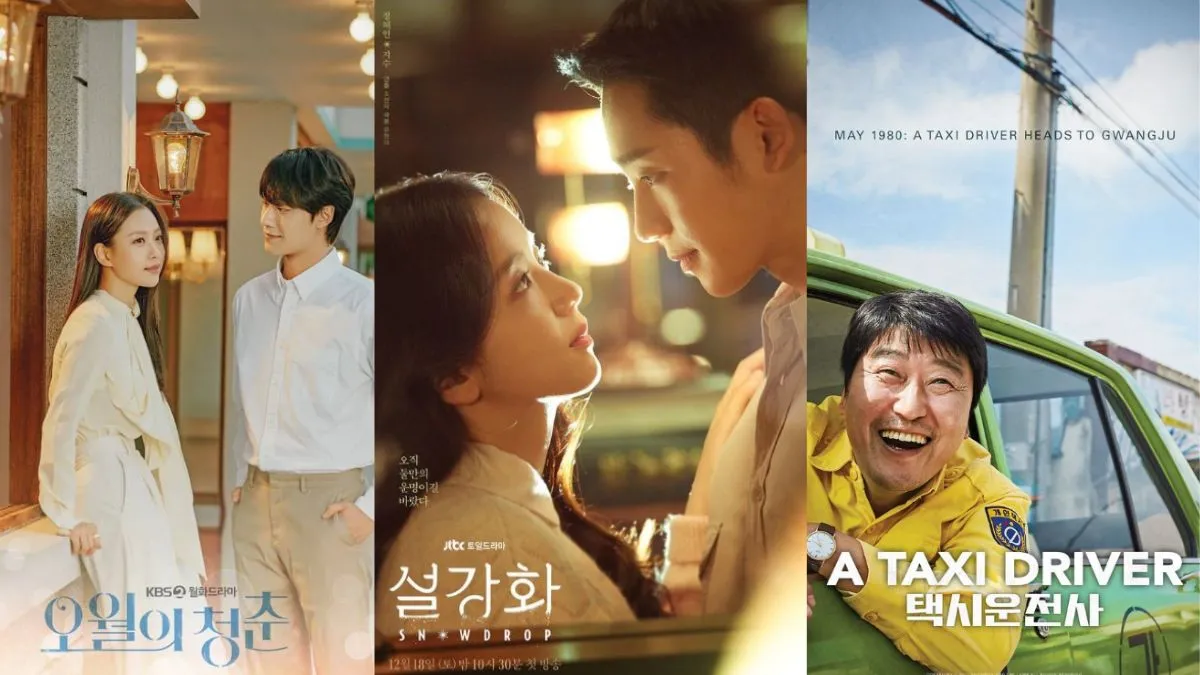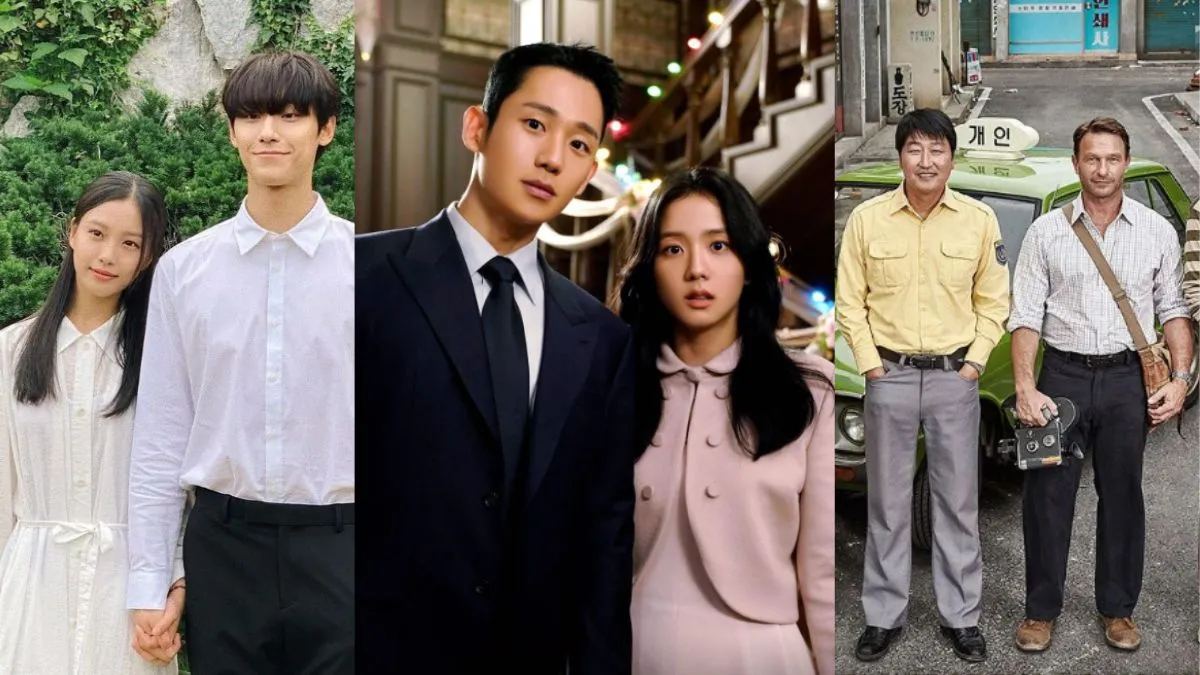- By Srishti Pandey
- Sat, 07 Dec 2024 10:45 PM (IST)
- Source:JND
South Korea Lifts Martial Law: In a historic turn of events, South Korea recently witnessed its first martial law declaration in over four decades. President Yoon Suk Yeol announced martial law in a late-night address, citing the need to safeguard constitutional order amidst escalating political tensions. However, the military rule was short-lived, as the National Assembly voted against it, compelling the government to lift the declaration. The episode, while brief, evoked memories of South Korea’s dark past under military rule in the 1980s.
The last time South Korea experienced martial law was during the authoritarian Fifth Republic under Chun Doo-hwan. This turbulent era saw student-led uprisings like the Gwangju Uprising, a pivotal moment in the country’s fight for democracy. Over the years, South Korean cinema and television have revisited this period, producing poignant dramas and films that delve into the struggles, sacrifices and resilience of the people.

Kdramas and movies based on the student protests during the 1980s (Image: X)
Here’s a closer look at some of the most iconic portrayals of South Korea’s fight for democracy and the events of the 1980s:
A Taxi Driver (2017)
This critically acclaimed film tells the story of a Seoul taxi driver who unwittingly becomes part of the Gwangju Uprising. Based on true events, it follows the interactions between driver Kim Sa-bok and German journalist Jürgen Hinzpeter, who documented the massacre despite heavy military censorship. With stellar performances and a gripping narrative, A Taxi Driver offers an emotional exploration of the human cost of political oppression. The film was South Korea’s submission for Best Foreign Language Film at the 90th Academy Awards and remains one of the country’s highest-grossing films.
Available on Prime Video
1987: When The Day Comes (2017)
This political thriller captures the events leading to the June Democratic Uprising, sparked by the death of a student protester during police interrogation. The film weaves together multiple perspectives to highlight the collective effort that fueled South Korea's democratic transition. Praised for its compelling storytelling, 1987 serves as a powerful reminder of the sacrifices that paved the way for freedom.
Snowdrop (2021)
Starring BLACKPINK’s Jisoo and Jung Hae-in, Snowdrop unfolds against the backdrop of South Korea’s June 1987 Democracy Movement. The drama intertwines romance and political intrigue as a university student shelters a wounded man, later revealed to be entangled in the regime’s schemes. Despite initial controversies, Snowdrop has been lauded for shedding light on the era’s complexities.
Available on Disney+ Hotstar
Youth of May (2021)
This heart-wrenching tragic drama focuses on the Gwangju Uprising of 1980, told through the love story of a medical student (portrayed by Lee Do-hyun) and a nurse (Go Min-si). Rather than focusing solely on the violence, Youth of May captures the everyday lives and dreams of young individuals, highlighting the personal losses suffered during the turmoil.
Available on Netflix
The Attorney (2013)
Inspired by the life of former President Roh Moo-hyun, this film chronicles the story of a tax lawyer who defends students falsely accused of pro-North Korean activities. The Burim case forms the heart of the narrative, showcasing how legal battles became a front for challenging the authoritarian regime.
5th Republic (2005)
This drama reconstructs Chun Doo-hwan’s military regime, from his coup to the democratic movements that led to his fall. While controversial for its portrayal of sensitive events, it remains a significant work for understanding South Korea’s political evolution.
Reply 1988 (2015)
Though primarily a slice-of-life series, Reply 1988 subtly incorporates the social and political climate of the 1980s. The drama’s nostalgic tone and cultural references provide a nuanced backdrop, reflecting the era’s impact on ordinary lives.
Available on Netflix
South Korea’s recent political developments have reignited conversations about democracy and the enduring impact of its authoritarian past. Through these films and dramas, the resilience of the Korean people continues to inspire audiences worldwide, offering a poignant reminder of the price of freedom and the power of collective resistance.

